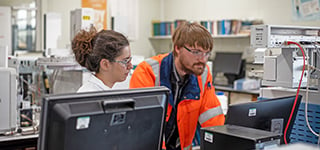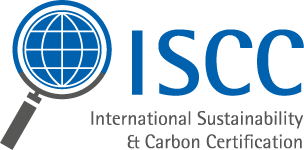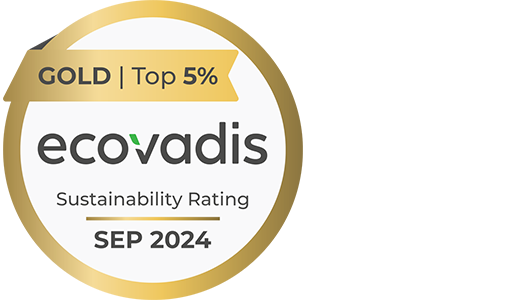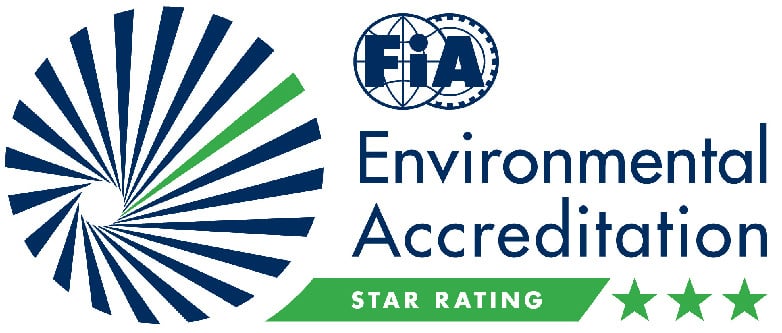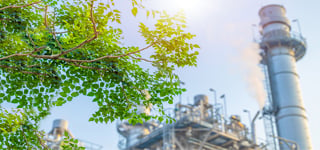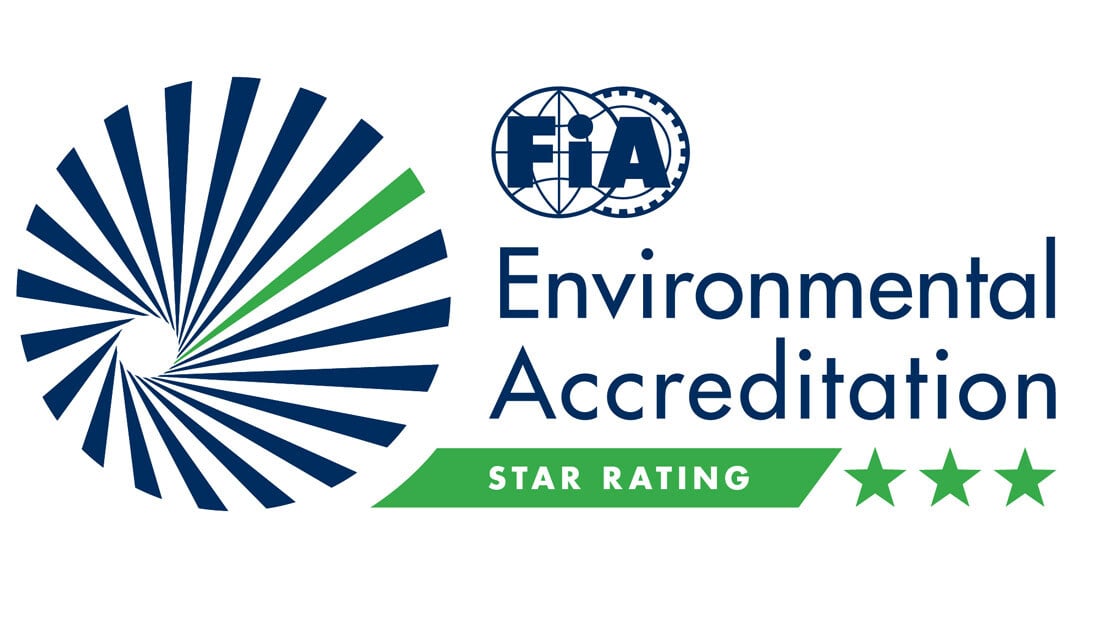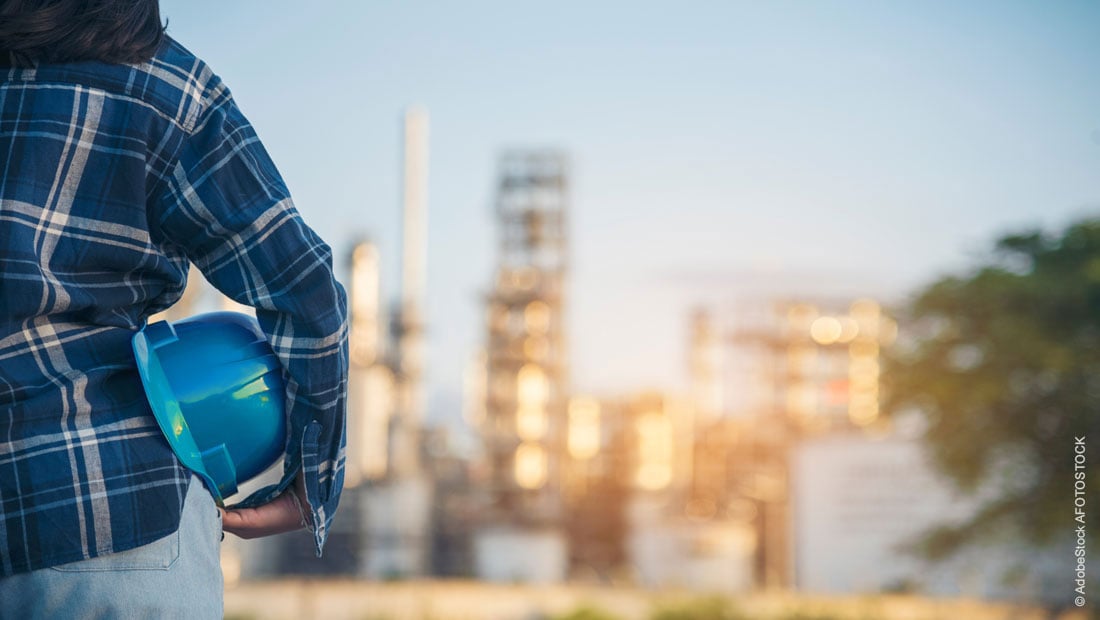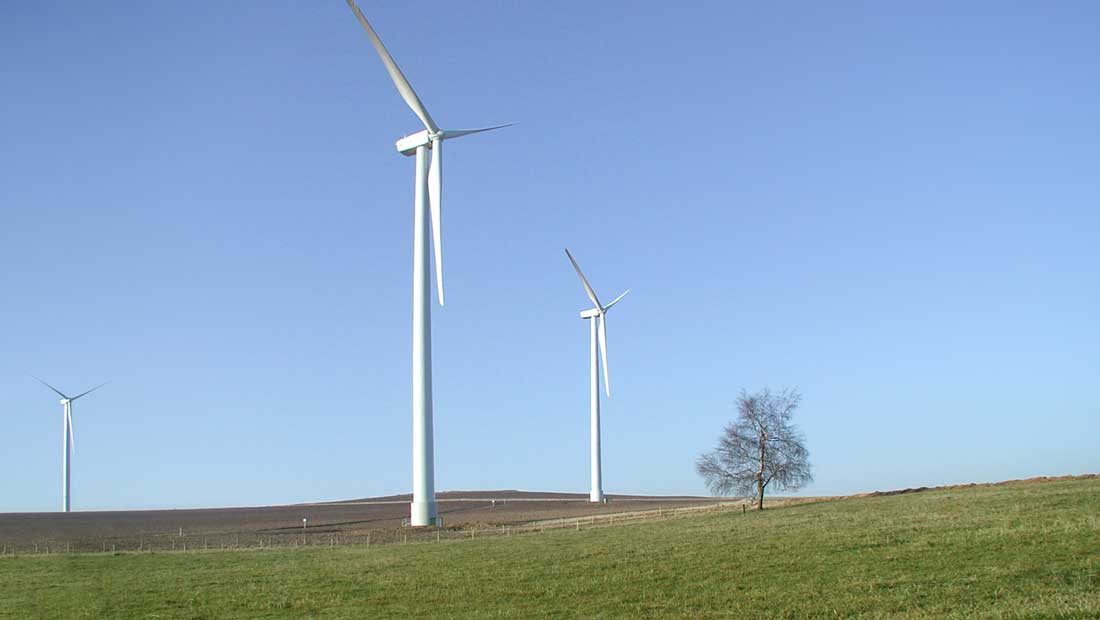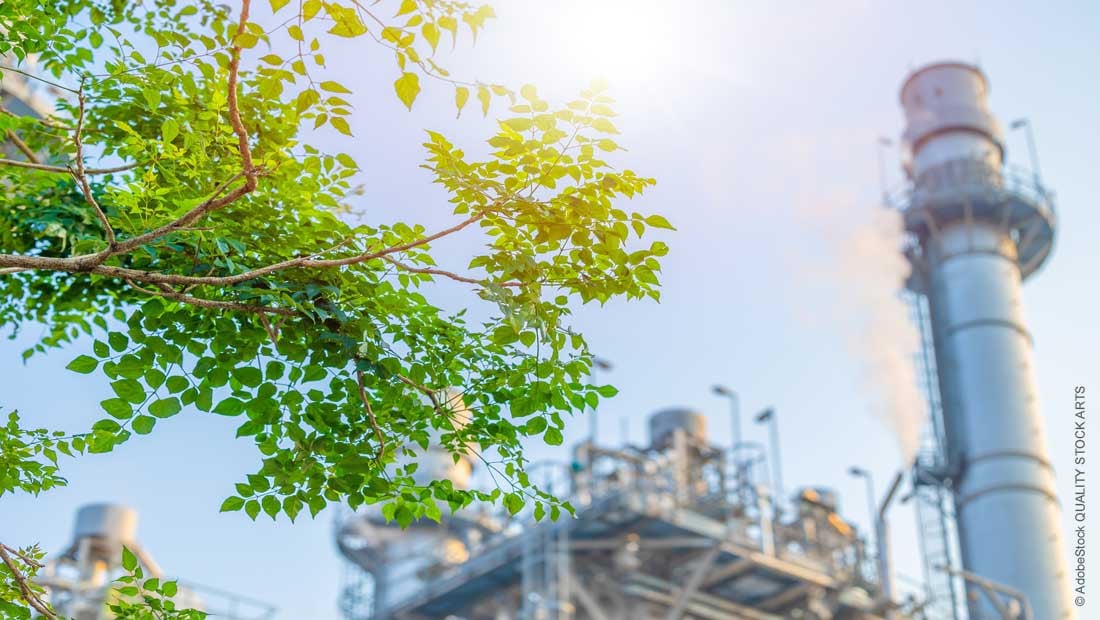 The use of sustainable raw materials has long been an important part of the chemical industry's production processes and strategic efforts to make a contribution to Greenhouse Gas reduction and enhanced climate protection. The mass balance approach is a major and important step in driving the transition to alternative raw materials and the achievement of a full circular economy. But what exactly does mass balance mean, and how does it contribute to a more sustainable product? The following article provides an overview.
The use of sustainable raw materials has long been an important part of the chemical industry's production processes and strategic efforts to make a contribution to Greenhouse Gas reduction and enhanced climate protection. The mass balance approach is a major and important step in driving the transition to alternative raw materials and the achievement of a full circular economy. But what exactly does mass balance mean, and how does it contribute to a more sustainable product? The following article provides an overview.
Mass balance is the key to a circular economy
Climate change and raw material scarcity reveal that the chemical industry needs to change and define other industrial production models with the aim of reducing CO2 emissions and increasing the use of sustainable raw materials. It is necessary for companies to define and adhere to clear sustainability targets in order to meet regulatory and societal requirements.
The circular economy is one of the most important approaches. This involves recycling or reusing raw materials and products for as long as possible. This can create a supply chain cycle that contributes to defossilisation and conserves valuable resources. The mass balance approach is an important step towards this.
How does the mass balance approach work?
In recent years, the importance of mass balance in chemical production has increased. A strong focus of companies on more sustainability, but also the demand of customers and end consumers for greener solutions play a role. The mass balance method is a central key factor for the technical transformation from fossil to completely sustainable raw materials. This is because it enables both groups of raw materials to be processed together.
Thus, alternative, i.e. recycled, renewable or bio-based raw materials are fed into production at the beginning and mathematically assigned to the products at the end of production. In this way, alternative raw materials can be incorporated into the production flows without having to make major changes to plants and processes.
How does the mass balance process contribute to greater sustainability?
The use of recycled and reusable raw materials reduces greenhouse gas emissions and contributes to reducing the use of fossil raw materials. The desired circular economy is an important driver for worldwide resource conservation.
What does mass balance mean for the quality of products?
Mass balance accelerates the transition to a circular economy without reducing product quality, characteristics or performance. The products can be further processed in the same way as conventionally produced products. The great success is also based on the fact that plants and processes, as well as formulations, do not have to be modified.
What are the mass balance advantages for customers?
When purchasing a mass-balanced product, customers receive the usual high quality and can continue to process the product in their plants and processes without any compromises. Furthermore, mass-balanced products also assist customers in implementing their own climate protection goals.
How is the mass balance approach verified?
In order to verify the mathematical allocation of alternative raw materials, independent institutions audit the mass balance approach. An established certification today is the International Sustainability and Carbon Certification (ISCC).
The ISCC EU Standard was recognised by the European Commission in 2011 for all types of biomass and biofuels worldwide. In the meantime, there are different certification systems for different feedstocks and markets. The mass balance approach is certified by the ISCC PLUS certification, and it offers high transparency through the use of valid and consistent data.
Learn more about the ISCC certifications:
Or continue reading this blog article:
Conclusion
Mass balance is a key step towards a full circular economy. It allows companies to process alternative raw materials (recycled, renewable or bio-based raw materials) in their production streams without modifying their facilities, thus contributing significantly to resource conservation and defossilisation. Customers can easily process the mass-balanced product with the same quality and characteristics and receive a cost-efficient solution on the way to the bioeconomy.





